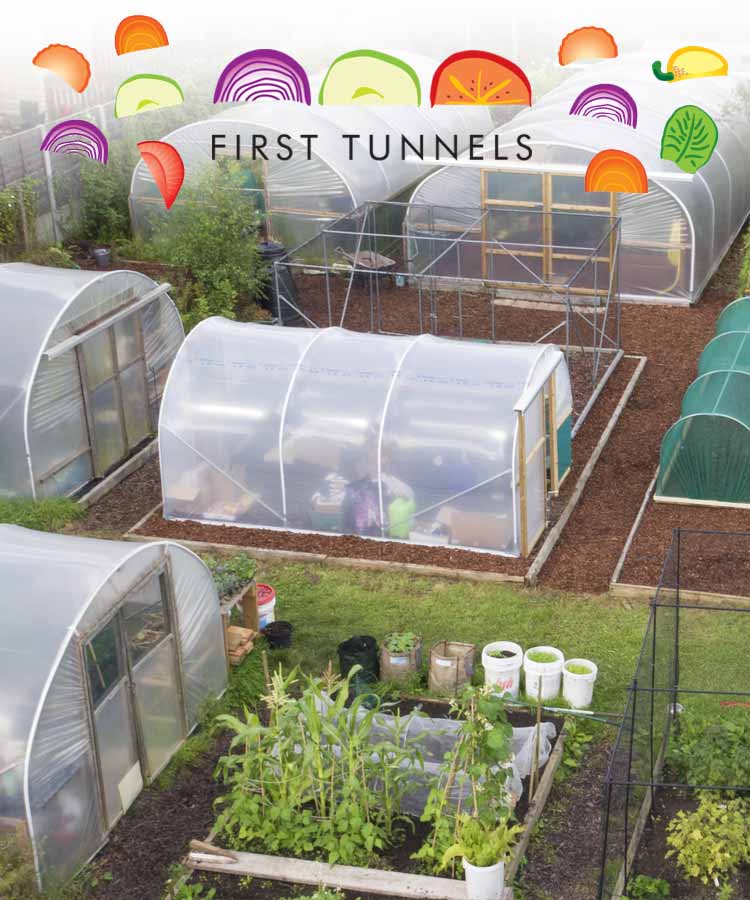Carrots can be a very worthwhile crop to grow in your polytunnel. If you live in a higher rainfall area, you may find that carrots will do better under cover, where they are more likely not to be over-watered. Carrots require free-draining conditions, and will not do well where soil is prone to becoming waterlogged. Another problem that it can be easier to avoid with a polytunnel is carrot fly. A polytunnel will provide some protection against this pest. Unfortunately, however, since your polytunnel must be ventilated in spring and summer, carrot flies can still become a problem. Here are some measures you can take to prevent a carrot fly infestation in your polytunnel:
If you know that carrot fly can be an issue where you live, consider choosing carrot varieties that are carrot fly resistant. You could also consider choosing more unusual heritage varieties – sometimes diversifying the types that you grow is the best safeguard against total crop destruction.
When you are weeding, thinning carrot seedlings, or undertaking other gardening tasks in your polytunnel, take care to avoid crushing the foliage or spreading the scent of the carrots too broadly. Carrot flies are far less likely to get to your carrots if they do not know that they are there.
When sowing carrots in a carrot fly prone area, consider raising crops off the ground, or erecting a protecting wall around your carrots. Carrot flies stay fairly close to the ground and so these measures are said to significantly reduce the likelihood that they will get to your crop.
In carrot fly prone areas, a complete fine-mesh covering may be the only way to protect carrots. Make sure there are no gaps in the mesh, and remove mesh for maintenance as infrequently as possible. To be more sustainable, try to choose a non-plastic mesh if at all possible.
Perhaps the most important factor in preventing a carrot fly infestation in your polytunnel is companion planting. By companion planting onions or other alliums with your carrots, you can help to mask the carrot smell which attracts the pests in the first place. Filling the polytunnel with masking scents such as alliums and herbs is another good way to reduce the risk of losing your carrot crop.
